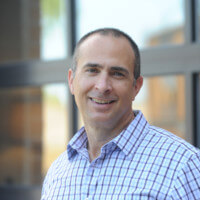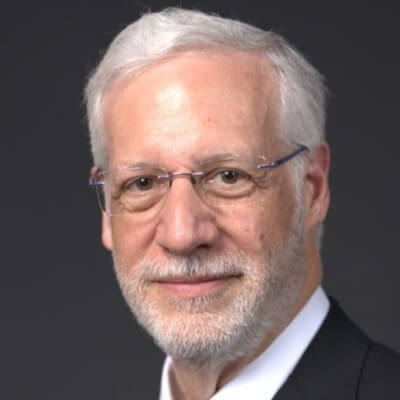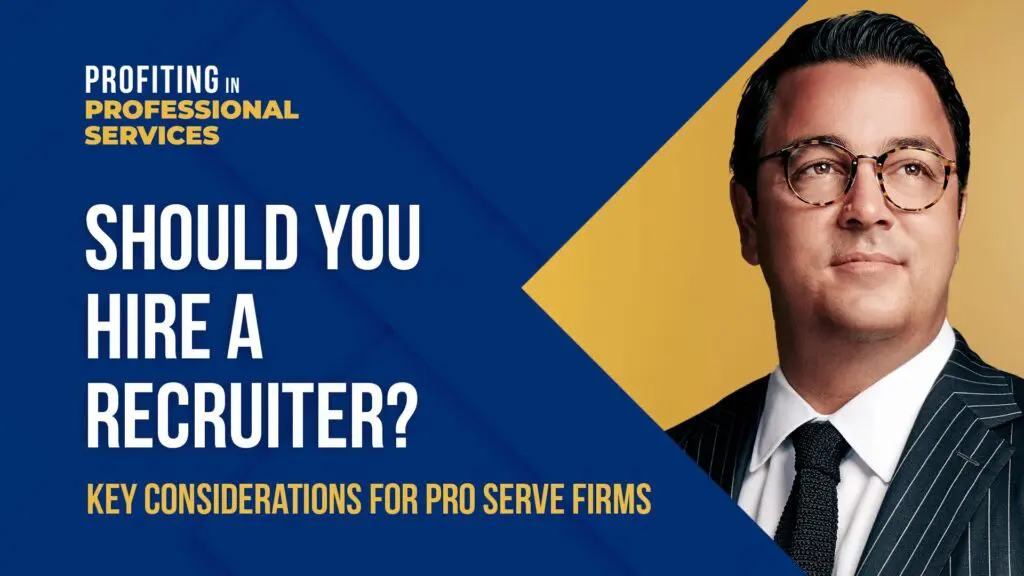Operational Excellence in Conversion: The Discipline Behind a Seamless Customer Experience
In today’s rapidly evolving financial landscape, banks and credit unions are under more pressure than ever to modernize their technology stacks and streamline operations. Whether upgrading core systems, migrating digital platforms, or integrating newly acquired entities, one constant remains: the need for disciplined, precise execution of conversion activities. At Smith Consulting Group, we’ve guided dozens of institutions through these mission-critical transformations, and we’ve seen firsthand that operational excellence is the cornerstone of successful change.










